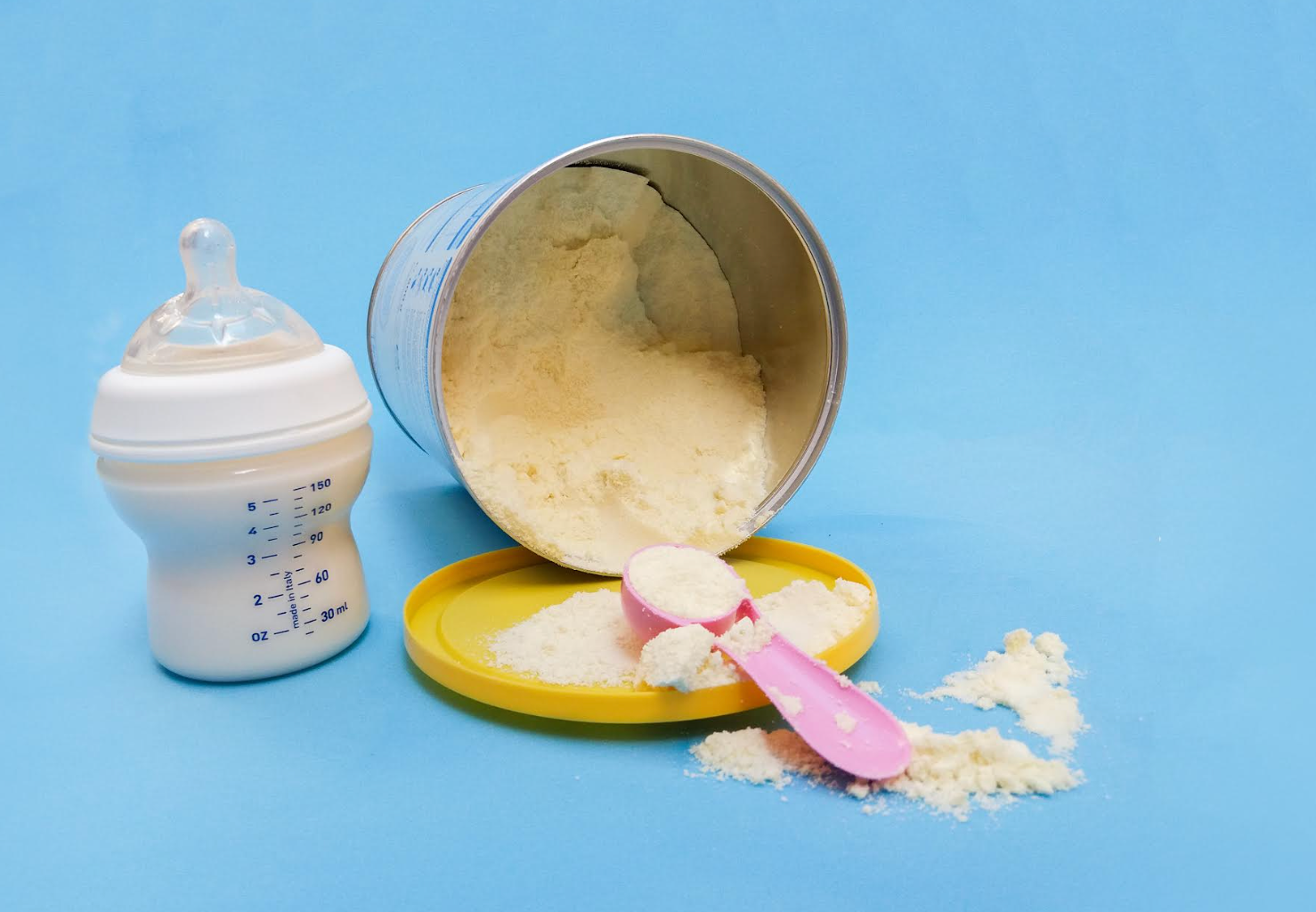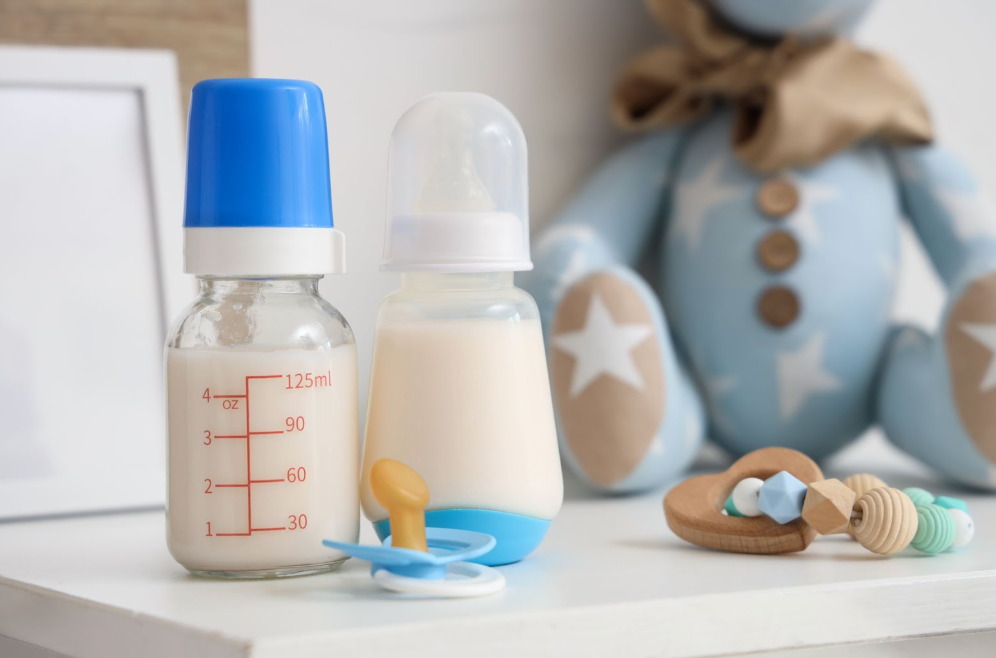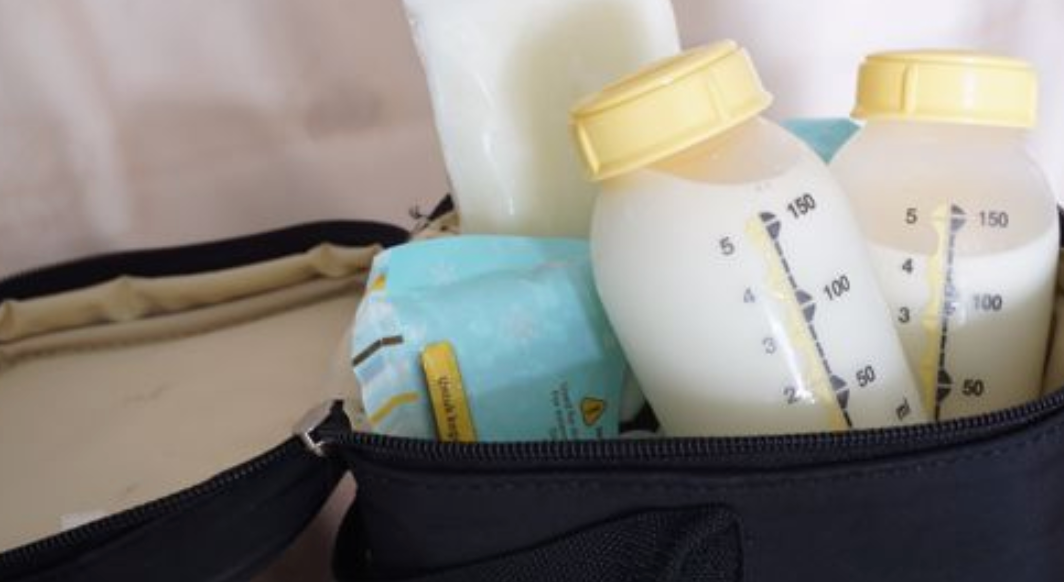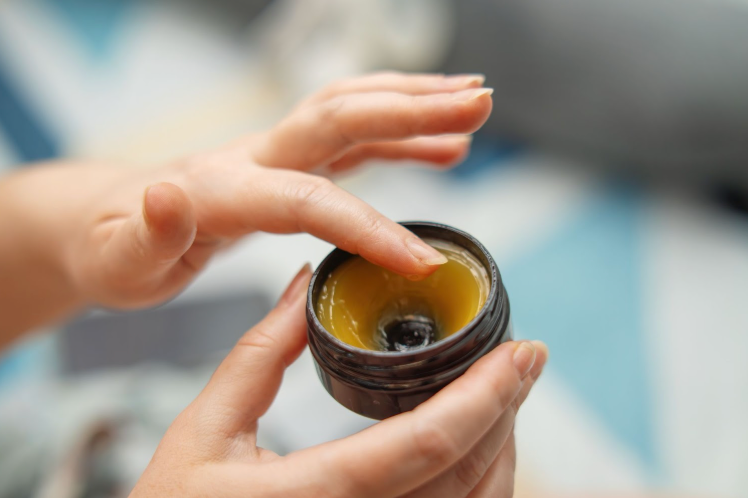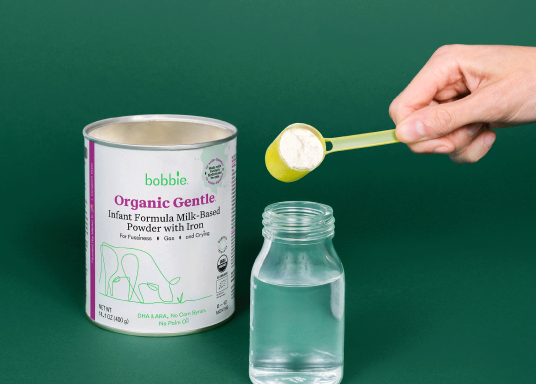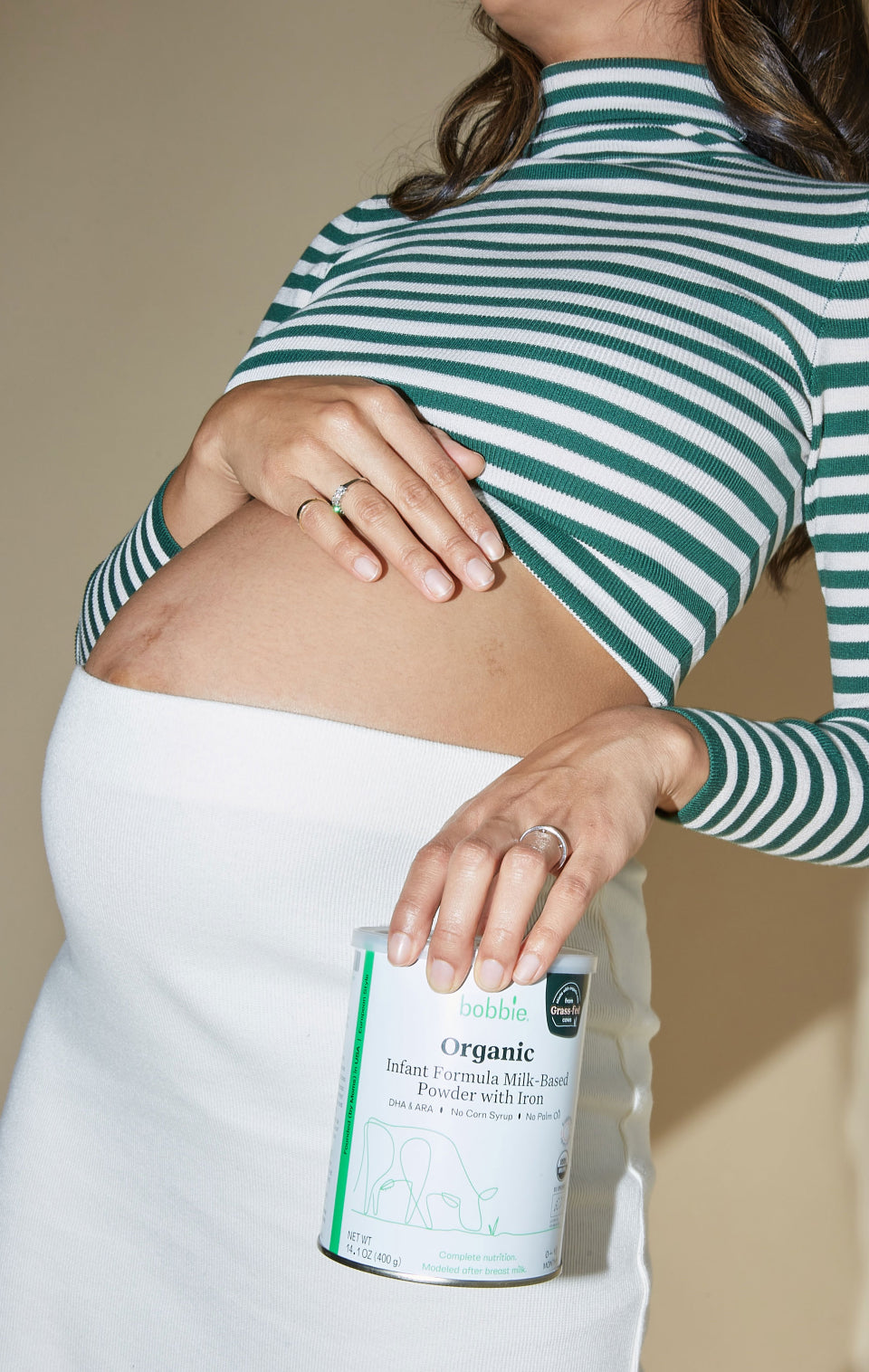Published February 22, 2024

Supporting Your Baby's Health: Vitamin D Drops for Infants
As parents, we’re always looking for ways to support our babies’ growth and development. One vital aspect of infant health is ensuring they receive adequate nutrition, and this includes vitamin D! Let’s dive into the importance of vitamin D for babies and the role that vitamin D drops for infants can play in their early development.
Why Are Vitamin D Drops for Babies Necessary?
Vitamin D is essential for healthy bone and immune system development and supports overall growth.* However, many infants do not receive sufficient vitamin D, with nearly 75% of babies 0-11 months falling short of expert-recommended intake guidelines.
Infants primarily receive vitamin D from three main sources: breast milk, formula, or sunlight. Breast milk doesn't naturally contain enough vitamin D to meet an infant's daily requirements, and formula may not contain sufficient vitamin D depending on a baby’s daily ounce intake. Additionally, the American Academy of Pediatrics (AAP) advises parents to keep infants under 6 months of age out of direct exposure to sunlight due to the delicate nature of their skin.
Given the AAP-recommended amount of 400 IU of vitamin D per day for infants, a vitamin D supplement is ideal for breastfed and combo-fed babies. Supplementation is also indicated for formula-fed infants who consume less than 32oz of formula each day (or less than 27oz a day of Bobbie formula—shout out to our robust levels of vit D). This is especially important during the first few days of life as babies cannot source vitamin D from complementary, fortified foods. Vitamin D drops have entered the chat.
Vitamin D Drops for Infants: Dosage and How to Give
Vitamin D drops are an easy-peasy way to ensure your baby is meeting the 400 IU daily recommended amount.
Vitamin D supplements are available over the counter and are specifically designed to provide the appropriate dosage for your little one. To administer vitamin D drops for infants, follow these simple steps:
-
Consult with a Pediatrician: Always consult with your pediatrician before administering a new routine or supplement to your baby.
-
Select a Trusted Brand: Choose high-quality products from a reputable brand, like Bobbie Organic Vitamin D Drops.
-
Dosage: Administer the recommended dosage on the label, which is typically one to three drops daily. Most products come with a dropper, either separate or in-line, making it easier to give the precise amount.
- Timing: The timing of vitamin D drops for babies can be flexible. You can mix the drop into a small amount of expressed breast milk or formula and feed it to your baby, or you can place the drop directly on your baby's tongue or the clean surface of a pacifier.
- Consistency: It's important to maintain a consistent routine. You can choose a specific time each day to ensure you never miss a dose.
Natural Sources of Vitamin D for Babies
While vitamin D drops for infants are a reliable source of this essential nutrient, there are also some natural sources that you can incorporate into your baby's routine from 6 to 12 months:
- Sunlight: Be cautious about exposing your baby to direct sunlight, as their delicate skin can be sensitive to UV rays. Aim for short, safe sun exposure periods.
- Vitamin D-Fortified Foods: Some foods are fortified with vitamin D! Check the nutrition label to be sure.
- Salmon and Egg Yolks: Once your baby is ready for solid foods, you can introduce vitamin D-rich foods like salmon and egg yolks into their diet. Yum!
Sign up to get the scoop on feeding, sleep, poop, and so much more. By singing up for email, you are to receive marketing emails from Bobbie and can manage your email preferences or unsubscribe at anytime

Your go-to resource for all things new baby.
Consequences of Vitamin D Deficiency in Infants
Vitamin D deficiency impairs the body's ability to absorb calcium, which is essential for bone strength and overall health.
Ensuring that your infant receives the recommended daily amount of vitamin D through vitamin D drops for babies or other sources can contribute to their overall well-being.
Conclusion
Long story short, vitamin D is important— especially during their first year. Breastfed babies, in particular, require vitamin D supplementation, as breast milk alone does not meet the recommended daily amount (400 IU).
While vitamin D drops for infants are essential, it's also worth exploring natural sources of vitamin D as your baby grows and transitions to solid foods.
Remember to consult with your pediatrician before introducing any new supplements into your baby's diet, and to maintain a consistent routine to ensure they receive the necessary amount of vitamin D. By prioritizing your baby's vitamin D intake, you're taking a significant step towards their healthy growth and development.*
Who’s Parent of the Year, again? You are!
Bobbie infant formulas are clean, EU-style infant formulas that meets all FDA requirements. They are complete nutrition, milk-based powder, modeled after breast milk and is easy on tummies. They are all non-GMO and do not have corn syrup, palm oil, or maltodextrin. Shop Bobbie today!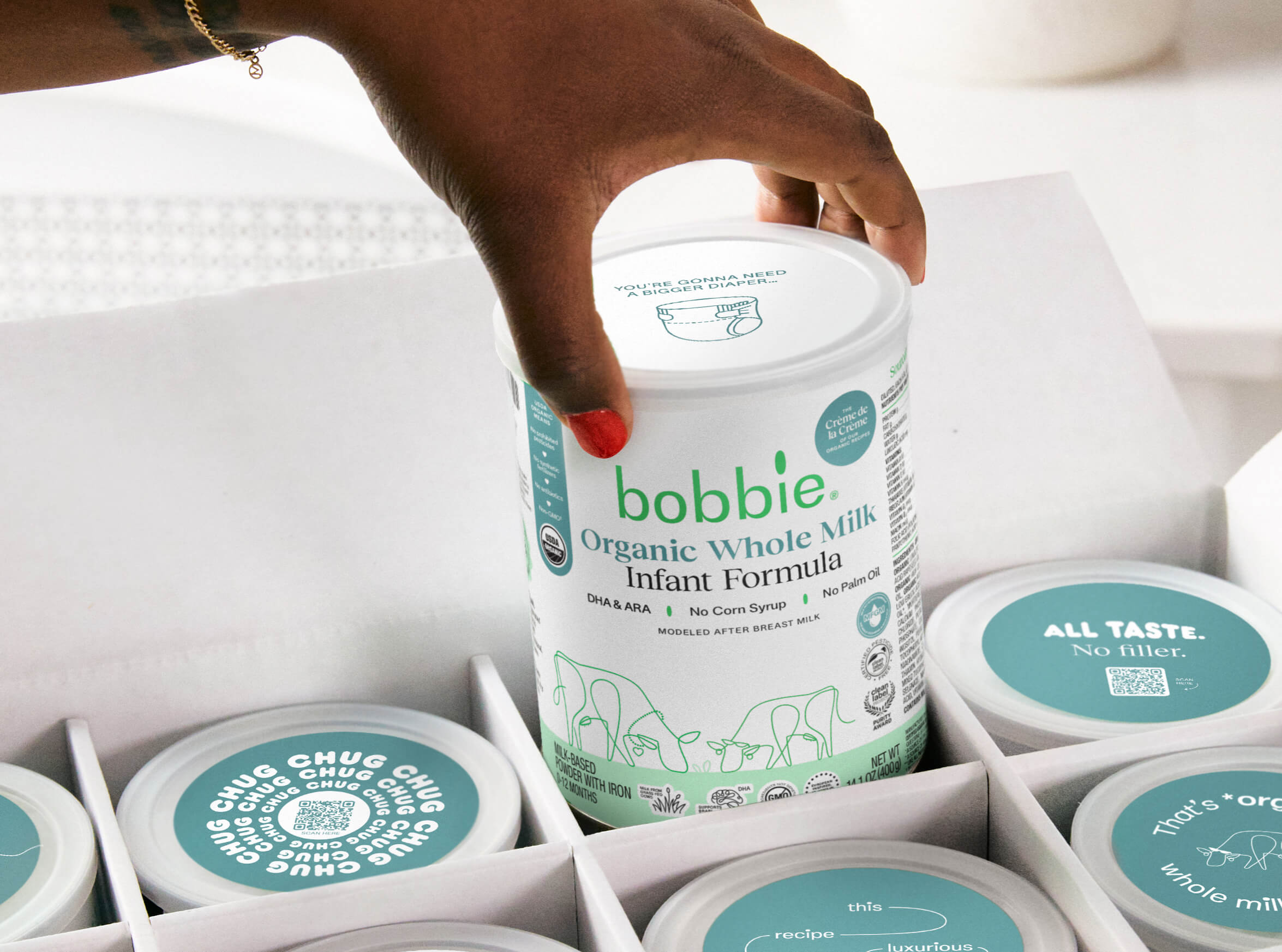
Shop Bobbie Baby Formula

*These statements have not been evaluated by the Food and Drug Administration. This product is not intended to diagnose, treat, cure or prevent any disease.
The content on this site is for informational purposes only and not intended to be a substitute for professional medical advice, diagnosis or treatment. Discuss any health or feeding concerns with your infant’s pediatrician. Never disregard professional medical advice or delay it based on the content on this page.










